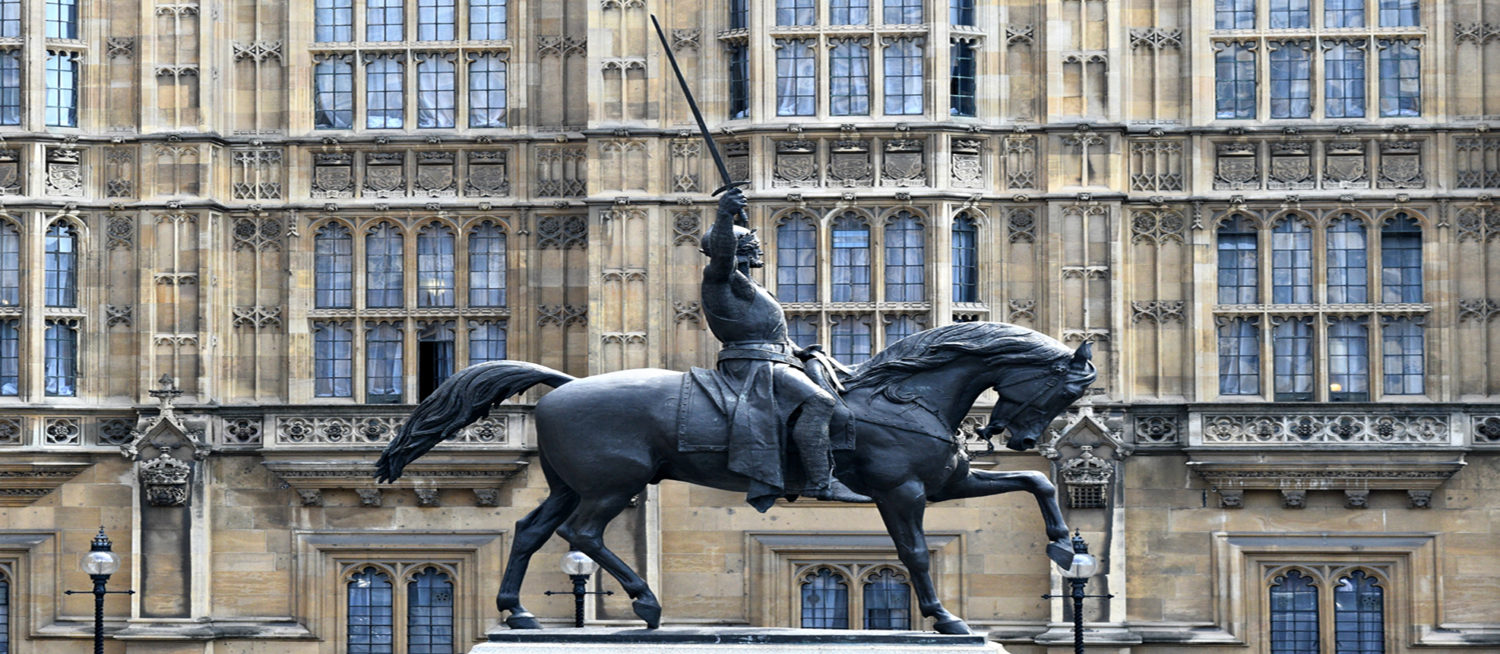Power to the people
Simplifying processes and stripping away some of the pomp and ceremony could make a big difference to the way parliamentary business is done. But it is even more important to focus on the systemic change, argues Laura Pidcock.
It has been just over a year since the general election. It’s been a rollercoaster year, but I still feel immense pride that thousands of people leaving their homes on election day (and many posting off their ballot paper) allowed me to represent my wonderful area of North West Durham. I’m still awed by that straightforward, but profound, act of placing a cross next to a political party – an act which is so simple, but which has so much power.
Being an elected representative, if you are doing it right, is a commitment to the people you serve. I think it is important to remember what Tony Benn used to say: “You are employed by the people who vote for you. In my constituency, everyone I met was my employer.” You are there, in parliament, for them: you will shout for them, to amplify their voices and concerns; elevate their experiences to the national level; you will constantly push for change and very practically, when in your community you are, amongst other things, a bridge between your constituent and services, making sure that they are receiving what they deserve, something increasingly hard to ensure in an era of cuts.
If you are a socialist you are also there for your class. You are in parliament, not just to take up a seat, but to challenge powerful people, to attempt to shift their perception of reality from their position of comfort and – far too often – arrogance. The way I see it, you are there to disrupt their narrative that, were they in a position of poverty and struggle, they would do better.
More than that, though, I believe that as a socialist, you must work for systemic change, knowing full well that the help offered to constituents is just a sticking plaster over the deep-seated inequalities which scar our society. Counter to the way many MPs have operated over centuries, it is our life’s work to redistribute power away from Westminster, the political establishment and the financial interests of the City and into the hands of people in communities. This is not easy, when the mechanisms of change have been concentrated on parliament and that centralised seat of power for so long.
Before I set foot in the House of Commons, my perception was that it was designed to stifle progress – or at least any radical progress which would shift, irreversibly, power and wealth in society. Like many political activists, I saw that it hindered rather than advanced democracy – a small but concrete example of this is the voter ID pilots. Part of that perception was about how it locks people out with its alienating processes. How can parliament give a platform to the experiences of most people’s lives, when it bends so much towards a hierarchical past? After a year of witnessing it at close quarters, and seeing its inner workings, I very much still believe this to be true.
I often ask myself, when sitting in a parliamentary debate, when listening to ministerial questions or prime minister’s questions, what is the point of this place? How do people view this from outside of the chamber? What is the effect of all this energy, in terms of achievement for the people who are my employers – the people in North West Durham? What, beyond that, is the cumulative impact for working-class people, and those shut out of the system? Usually, and depressingly, the answer to that question is nothing.
And because the House seems to be sleeping its way through this parliamentary term, that feeling of impotence is especially strong. From opposition, you can make the resounding and, in my mind, unequivocal case that universal credit is not working; that the relentless cuts to services and social security are harming communities; that, for instance, a sixth form in your community is closing and needs help; that selling arms to nations which could be using them to repress their own citizens is not only being complicit in barbarity but illegal; you can expose and shame all sorts of wrongs and propose a multitude of alternatives, but fundamentally change is not made this way, at least very rarely. The only time I have seen real change is when it is forced from outside of parliament, when people see an injustice, organise against it and use politicians as their mouthpiece, their funnel to directly represent them.
All of the pomp and ceremony of parliament is designed to make politicians look and feel important, to set us apart from the people we serve. So quite literally doors are opened for you, you are called an honourable member and ‘ma’am’, there are private spaces for elected representatives where members of the public are not allowed. The way legislation is written is stuffy and difficult and often indecipherable were it not for the clerks. The rules around the questions you are allowed to ask ministers, and how you can ask those questions are carefully governed, of course, ostensibly because of tradition, but the effect is to limit what can be uttered by the people’s representatives.
The antiquated rituals of ‘bobbing’ – of standing up and sitting down to show you want to speak – the walking through a corridor, sometimes for a couple of hours at a time, to register your vote, the way you must address other members in the chamber are all part, in my mind, of a process of setting us apart, to alienate working-class representatives and to firmly establish that we are part of a deferential and hierarchical system, and it is our role not to question it, but to prop it up. Put it this way, if workers were to construct a democratic system for themselves, to run their own society, it would not look anything like the House of Commons.
In fact, the most energised I feel in the House of Commons is when people, activist groups – with real struggles, and a drive to change their situation – come to protest outside of it. The most relaxed, comfortable and effective I feel in my role is when I am in my community. Of course, it is crucial that they are there, in that seat of power, to challenge the system and it is right that we should fight for reform of its archaic rules. But as socialists, we should never paper over the cracks of, and feel comfortable with, this creaking, half-functioning version of democracy.
How hard would it be to change our system so you press a button and a light comes on if you want to speak? In council chambers all over the UK, and in parliaments all over the world, they’ve discovered this innovation. How simple it would be to give each MP a voting pad to register their vote? What harm would there be in removing the costumes, the pomp, the alienating language? Even if some of the language was brought into the modern world, it would be an advance. “If you agree with what is written on the paper say yes”, instead of “as many as are of that opinion say aye”, would be much easier for people follow. Legislative language could certainly be simplified and still be as robust.
All of these things could be done within the blink of an eye but change is resisted, because lots of the people who are elected there, especially on the government side, like the special, privileged feelings associated with its traditions rather than what it can achieve as an institution. So the problem is much bigger than parliamentary rules. The question for our generation is not only how we inject democracy and common sense into the House of Commons, but how do we shift our focus to democratising the rest of society.
Democracy, should, after all, not be a once-every-five-years exercise. It should be the lifeblood of any country, it should be woven into our practice, whether in society or at work. How do we ensure workers have more control in their workplaces? How do we ensure our schools are democratically run, alongside their communities? How do we ensure that people have an actual say in their hospitals and their fire service, rather than these important decisions being made remotely, far from their interests? Politics for socialists should not be about deference, gold chains, hierarchy and fancy language, but a concerted effort to ensure that wealth, power and control is for everyone.

